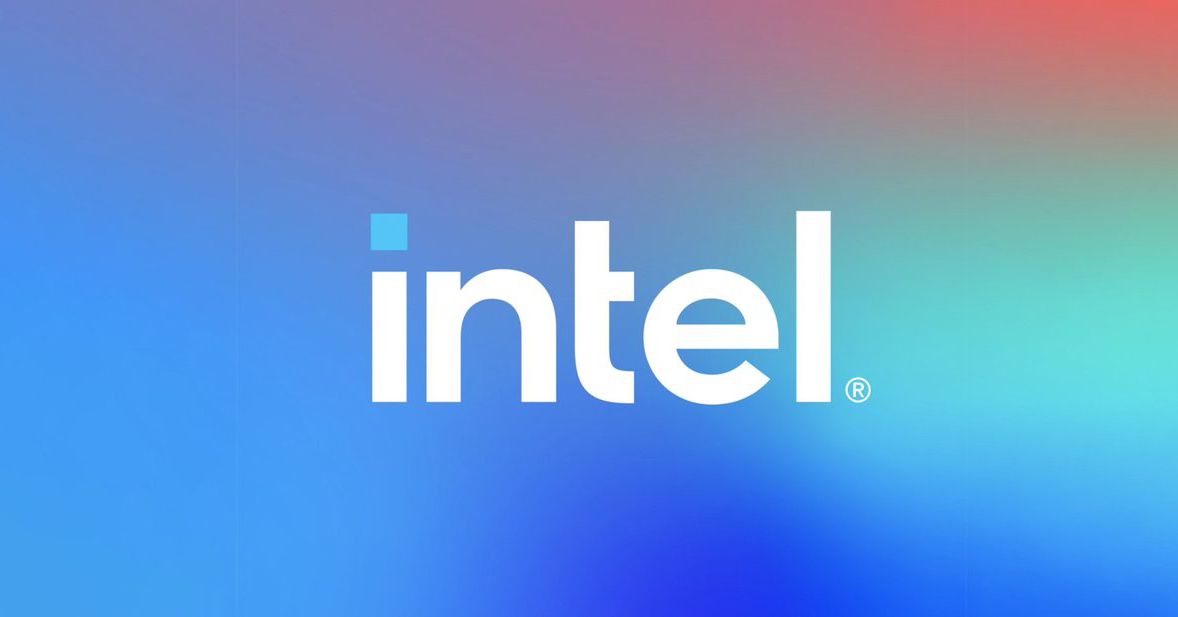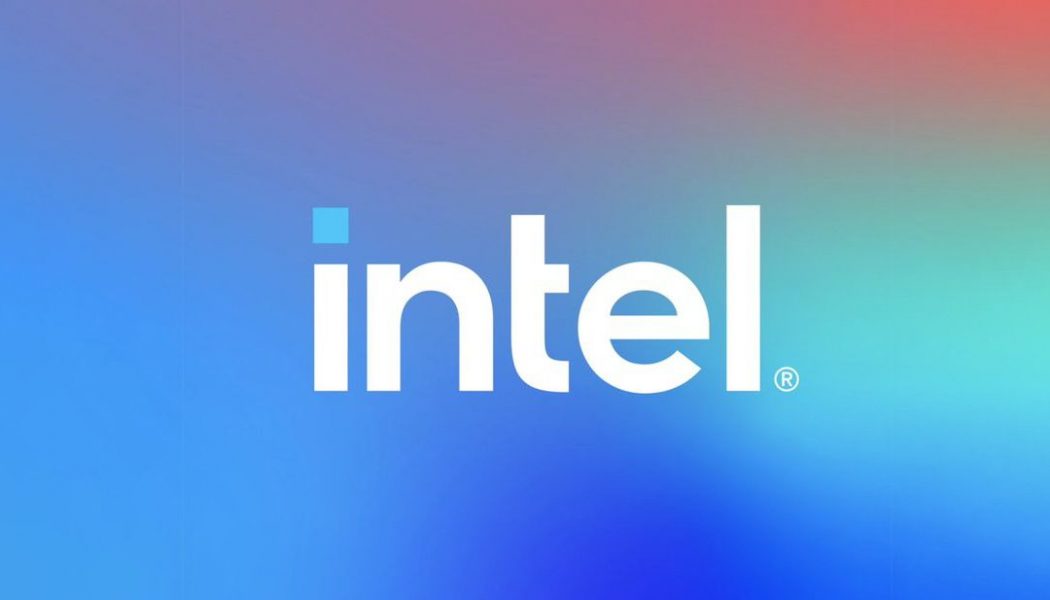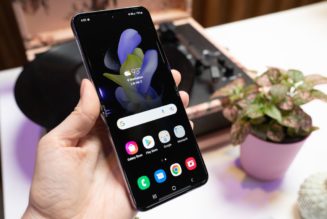
Intel may owe quite a bit of cash to a semiconductor company that hasn’t existed for 20 years. A Texas jury has asked Intel to pay $2.18 billion for infringing two patents owned by VLSI Technology, according to Bloomberg.
VLSI seemingly rose from the dead in 2019 specifically to sue. The last time it was an independent company was in 1999, when Philips purchased the semiconductor design firm for $1 billion. Its assets later traveled to Philips spinoff NXP (which you may know from its tap-to-pay NFC chips, among other things). NXP will reportedly get some of Intel’s money, too.
One of VLSI’s claims to fame was being part of the original project with Apple and Acorn to produce the first ARM processors — and the ARM company — responsible for the underpinnings of the chips that now appear in every smartphone, most tablets, and a growing number of laptops and servers.
Technically, the patents are newer than all of that VLSI history. They were originally issued to Freescale Semiconductor, and Sigmatel in 2009, 2010, and 2012, respectively, and the earliest of them was filed in 2005. But Bloomberg reports they were all assigned to the new VLSI in 2019, an LLC that’s attached to a Fortress Investment Group.
Calling out VLSI as a zombie brand was part of Intel’s argument, according to Bloomberg:
VLSI “took two patents off the shelf that hadn’t been used for 10 years and said, ‘We’d like $2 billion,”’ Lee told the jury. The “outrageous” demand by VLSI “would tax the true innovators.”
But that didn’t keep jurors from awarding roughly a tenth of Intel’s yearly profits — $2.18 billion — for infringing two of the three patents. (They’re about “managing clockspeed in an electronic device,” a “minimum memory operating voltage technique,” and “voltage-based memory size scaling,” in case you’re curious.)
Intel tells The Verge that it’s not done fighting yet: “Intel strongly disagrees with today’s jury verdict. We intend to appeal and are confident that we will prevail.”
Fortress and VLSI Technology have other lawsuits pending against Intel, too.










